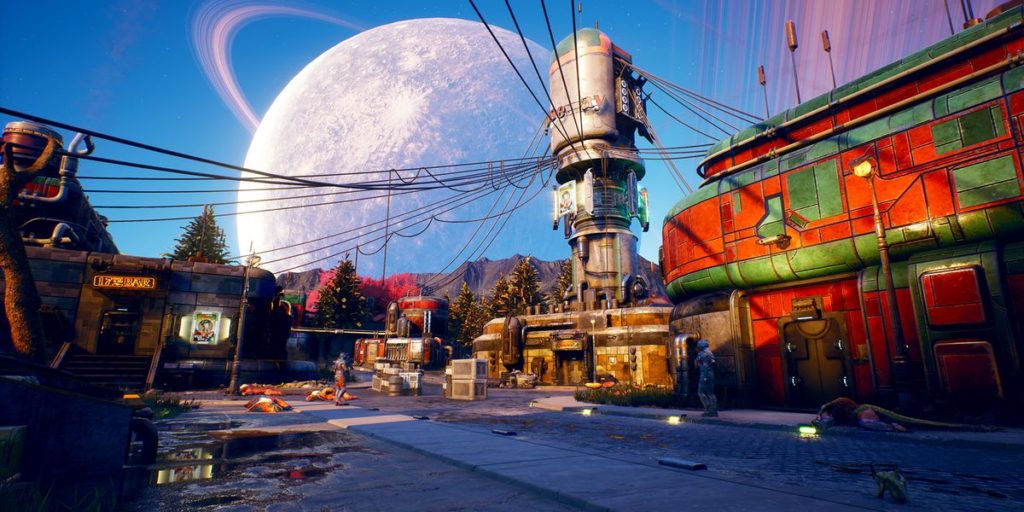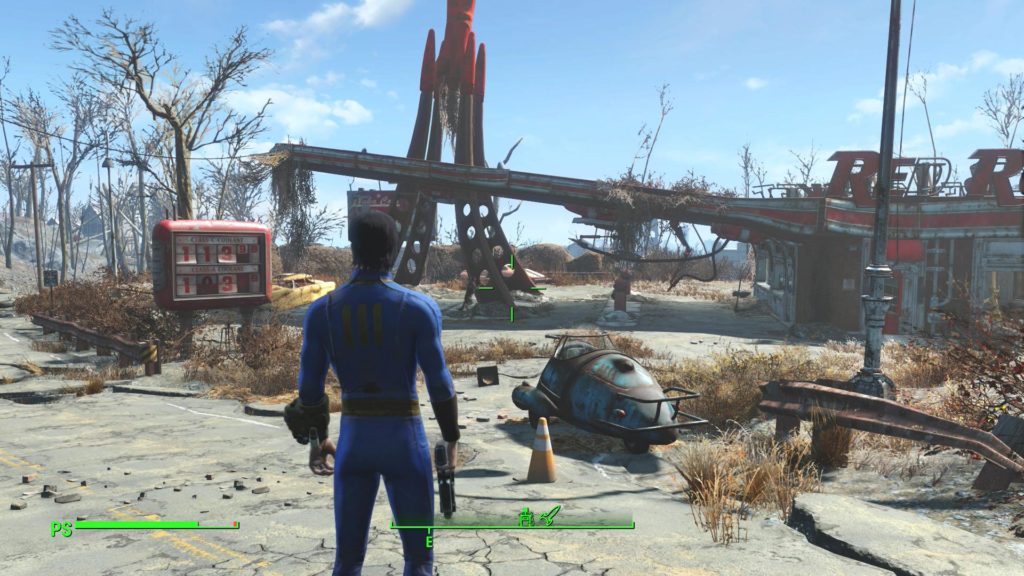We briefly discussed the inadequacy of the term ‘Science Fiction’ as a genre and how Speculative Fiction may be a more accurate term. Speculative Fiction, however, is defined as a genre in which elements of the narrative do not exist in reality. This makes speculative fiction a super-genre that encompasses horror, supernatural, futurism, and myth which is much broader than what is generally accepted as science fiction. Therefore, Science Fiction is most accurately described as a sub-genre of Speculative Fiction.
That being said, I am not arguing Science Fiction is at all an accurate term for the genre it is describing. The words ‘Science Fiction’ are an oxymoron, ‘science’ being in its most limited form a ‘study of’ or set of laws surrounding a particular subject at one point and time in history. For example science in Alexandria during the Greek and Roman period meant alchemy and learning to ‘balance the humors’ of the human body. Science is inherently history, law, and the current understanding society has on the forces that govern it and yet Science Fiction means laser guns, hyperspace, terrifying alien creatures, and exploration and colonization of new worlds.
Science fiction may instead mean science future, the speculation of what could be, given advances in current technology. This is better defined under the genre of Futurism, where what could be, ‘is’. In games this historically meant predicting the future based on the present, such as the focus on the military industrial complex and ‘defense’ against alien species in ‘Space Invaders’. Or the modern equivalent ‘Outerworlds’ that instead focuses on fighting corporations and conglomerates that have become too powerful with no regard for society or human life. These games pull from recent history to ‘predict’ the future technologies, social orders, and conflicts.

Science Future then, is a prediction of the future based on the historicity and history known in the present, and will continue to evolve as such. Past-looking Science Future Games such as Fallout 4 demonstrate this best. Bare with me here, Fallout uses the real life 20th century knowledge of the 1940s and 1950s to set the game in a distorted time warp from the year 2077 (which is framed much like post WWII American space race and nuclear development) to a post-apocalyptic nuclear future that is framed in colonial and revolutionary themes (such as the Minute Men) in 2287. If that made no sense, then in its simplest terms, Science Future is a genre that predicts the future (in game 2077 and 2287) based on our knowledge in the present (2000-2015) of the past (1940s-1980s).

In summary, Science Future a genre framed by the developer’s and the player’s perception of time and current events, and how those might bring about the future, or a return to the past. It grapples with current fears and conflicts, by placing the player in a state of agency to change, improve, or rage against the future they have been dropped in. Perhaps this is why so many current Science Future Games are FPSs, RPGs, or Narrative Driven Stories, that allow the player to take the place of the player character in grappling with the effects of a future brought about by their current out-of-game present. It allows a sense of agency and control over time that players simply do not have in the real world. This distinct temporal distortion that retains narrative linearity and the stress on the agency of the player are what make Science Future Distinct from other sub-genres Speculative Fiction such as fantasy or horror games.

Hey, just wanted to comment saying that I really loved reading this article! I absolutely agree with you that science fiction, despite it being a pretty commonplace and popular genre, is a bit of a misleading and inaccurate word to describe the genre when you break down the individual words: “science” and “fiction”. You also mention that Science Future would be the more accurate term to describe what we would call “science fiction”, and while I do generally agree with this term, I wonder if it would be equally accurate, or even more so, to call something by their respective subgenres of “science fiction”. For example, you use Fallout 4 as an example for Science Future, but I was wondering if it would just be as equally correct to call it “post-apocalyptic fiction”? For games like Cyberpunk 2077 or Bioshock, would it be more accurate to respectively call these games, “cyberpunk” or “steampunk”, instead of Science Future? I am not saying Science Future is an incorrect term, but I just feel like using these subgenres of “science fiction” would be a bit more accurate when describing these “sci-fi” games.